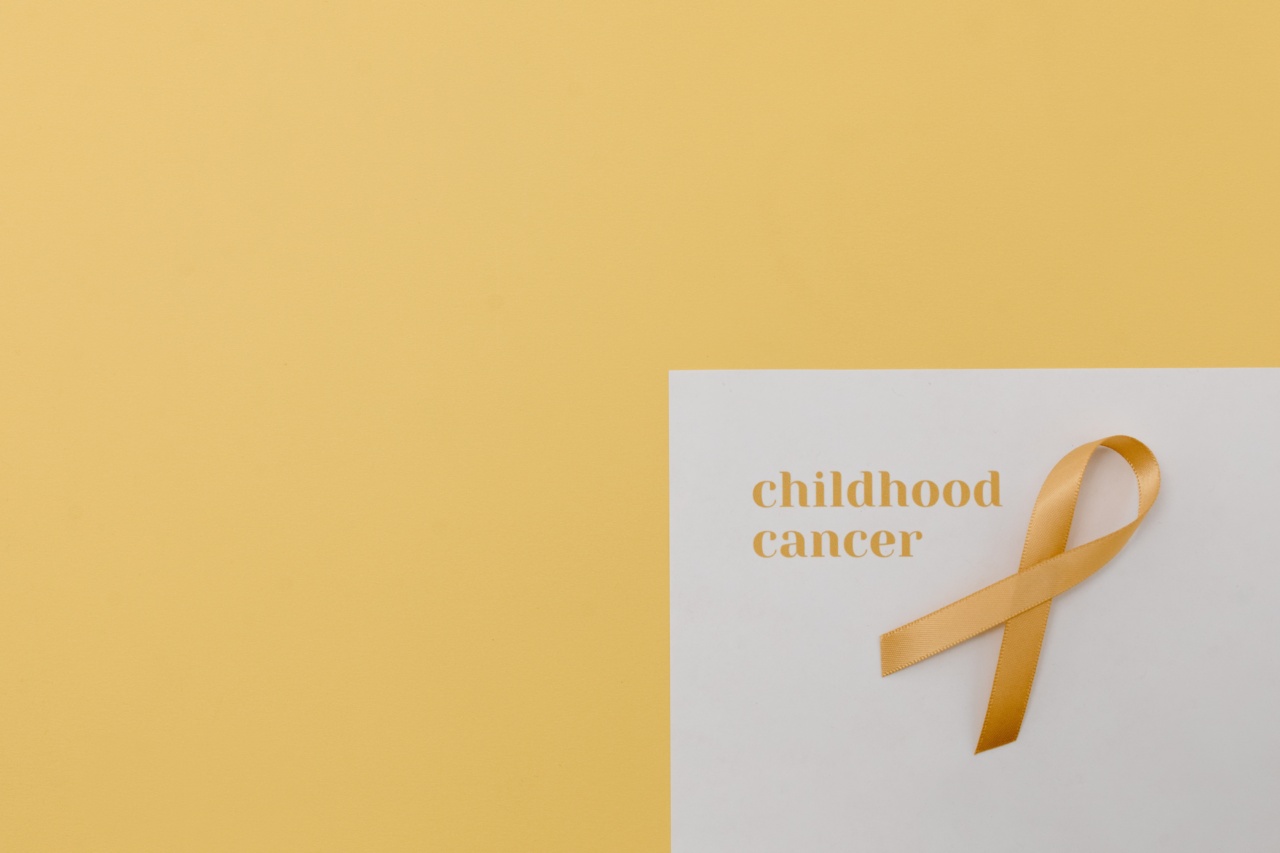Childhood cancer is a devastating disease that affects not only the child but also the family. Unfortunately, childhood cancer cases are rising in the UK.
According to recent reports, there has been a 20% rise in childhood cancer cases in the last two decades. This is a worrying trend that needs urgent attention.
What is Childhood Cancer?
Childhood cancer is a type of cancer that develops in children or teenagers under the age of 18. There are many types of childhood cancers, including leukemia, lymphoma, brain tumors, and bone cancer.
Childhood cancer is relatively rare, but it remains the leading cause of death in children in the UK.
What Causes Childhood Cancer?
The exact causes of childhood cancer are still unknown. However, scientists believe that a combination of genetic and environmental factors may play a role in its development. Some factors that may increase the risk of childhood cancer include:.
- Family history of cancer
- Exposure to radiation
- Exposure to certain chemicals and toxins
- Immune system problems
Symptoms of Childhood Cancer
The symptoms of childhood cancer depend on the type and stage of the cancer. Some common symptoms of childhood cancer include:.
- Unexplained weight loss
- Fever
- Unexplained bruising or bleeding
- Lumps or bumps under the skin
- Swelling or pain in the bones or joints
- Persistent headaches or changes in vision
Treatment for Childhood Cancer
The treatment for childhood cancer depends on several factors, including the type and stage of the cancer, the child’s age and overall health, and the family’s preferences. Some common treatments for childhood cancer include:.
- Surgery: This involves removing the cancerous tumor and any surrounding tissue.
- Chemotherapy: This involves using drugs to kill cancer cells.
- Radiation therapy: This involves using high-energy rays to kill cancer cells.
- Immunotherapy: This involves using the body’s own immune system to fight cancer.
The Emotional Impact of Childhood Cancer
Childhood cancer not only affects the child but also the entire family. The diagnosis of childhood cancer can cause significant emotional distress for the child and the family.
The stress of dealing with a child’s illness can also put a strain on the family’s finances and daily routine. Parents may miss work to be with their child, and siblings may feel neglected or resentful.
The Importance of Early Detection
Early detection is critical in treating childhood cancer. The earlier the cancer is detected, the better the chances of successful treatment.
Regular check-ups with a pediatrician and being aware of the symptoms of childhood cancer can help with early detection. Parents should also talk to their pediatrician if they have concerns about their child’s health.
The Need for More Research and Funding
The rising cases of childhood cancer in the UK highlight the need for more research and funding to find better treatments and a cure. Research is also needed to understand the causes of childhood cancer and to develop ways to prevent it.
Funding is also needed to support families affected by childhood cancer, provide them with resources and support, and improve their quality of life.
Conclusion
The rising cases of childhood cancer in the UK are alarming. Childhood cancer is a devastating disease that affects not only the child but also the entire family. Early detection and treatment are critical in improving the chances of successful treatment.
More research and funding are needed to find better treatments and a cure for childhood cancer and to support families affected by this disease.





























